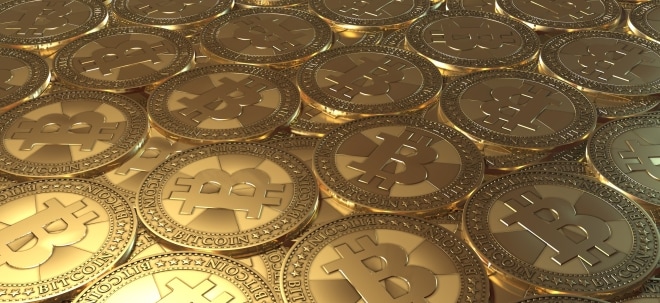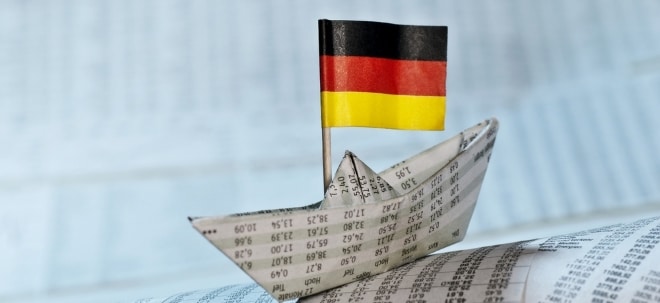[url]http://dmnbtext.com/research/...6&docid=1544167426319849616[/url]
UPDATE 2-Uralkali says potash prices to rebound in 2014, ups sales
MOSCOW, Oct 3 (Reuters) - Russia's Uralkali, the world's largest potash producer, has increased market share since breaking up with its partner in Belarus and expects global potash prices to rebound in 2014, the company's head of sales said.
Uralkali is at the centre of a row between Russia and Belarus, triggered when the Russian company quit a sales cartel with state-run Belaruskali in July, seeking to maximise sales volumes and rocking the global potash industry.
Since then, global prices of the crop nutrient have decreased and may fall further this year or in early 2014 when supply contracts for top global consumer China are set, Uralkali sales chief Oleg Petrov told Reuters.
China traditionally sets the lowest potash prices, a benchmark for companies negotiating individual contracts with other countries on the fertiliser ingredient.
"All corrections will occur in 2013, reaching a bottom in early 2014 with the contract in China, after which there will be a definite rebound," Petrov said.
In July, Uralkali said it expected global potash prices to fall to below $300 per tonne in the second half - from $400 at that time - because of its decision to leave the alliance.
The company has since changed its mind and, citing robust global demand, expects prices to stay above $300.
"But there might be a correction from current levels this year because Belaruskali and other producers' attempts to place volumes could put pressure on the prices," Petrov said.
He gave no current average price, but said the domestic price in China of about $330 per tonne delivered at the border was a "guideline" for the company's rail supplies.
The company sold about 2.7 million tonnes of potash in the third quarter of 2013, including 0.7 million tonnes in July, when it was still in the partnership with Belarus.
Some sources familiar with the situation say the Kremlin is eager to repair the rift with Belarus, for which potash is a major source of revenue, and that a large stake in Uralkali could be sold to one of several local bidders.
Several sources, however, have said there are no buyers close to doing a deal as of now.
Uralkali CEO Vladislav Baumgertner was detained while visiting Belarus on Aug. 26 and is now under house arrest, facing trial on charges of abuse of office.
Petrov did not comment on the stake sale rumours or on potential options for a settlement to the conflict.
"That's not a commercial question," Petrov said. "But our strategy is the right one for the moment. We had actually lost a lot of the market, and now we're getting it back."
Petrov, who according to colleagues practically used to live on planes, now cannot travel abroad as Belarus has also accused him of professional misconduct and asked Interpol to put him on its wanted list.
"I realise I actually don't need to travel as much as I did before," he said when asked whether the situation had a negative impact on the company's business.
"It doesn't affect my work. We have concluded our contracts with China and India and the spot markets can be dealt with perfectly well without travel by our colleagues in the regional network. (But) it will be necessary to travel again more actively in 2014."
Working alone, Uralkali increased monthly sales to 1 million tonnes in August and September respectively, mainly thanks to the Brazilian and Asian markets. Monthly exports currently stand at around 850,000 tonnes. The company plans to sell similar volumes per month until the end of 2013.
Since the split with Belaruskali, Uralkali's supplies to China have increased modestly to around 250,000 tonnes by rail and sea per month, including about 160,000 tonnes by rail through spot contracts, he said.
Uralkali did not disclose figures on pre-split sales to China.
The company is also supplying between 100,000 tonnes and 150,000 tonnes per month to India, where the price has been adjusted to $375 per tonne from $427 since the break-up of the joint venture.
In Brazil, the price for Uralkali's supplies has fallen to $350-360 per tonne, down $30-40, Petrov said. The company currently supplies 150,000-200,000 tonnes to Brazil per month.
Until the joint venture broke up on July 30, Uralkali used a formula for calculating Russian domestic prices based on its exports. This formula led some analysts to think it had decreased prices for China since July, which the company denies.
"After the split, Belarus offered its own product to some big NPK (nitrogen, phosphorus and potassium) producers in Russia at the price of 4,600 roubles ($140) per tonne. Uralkali had no choice but to protect its market," Petrov said.
"In the end, Uralkali lowered its price to 5,100 roubles ($160), but this was a one-off and that figure has no connection with the company's export price to China," he added. |


 Thread abonnieren
Thread abonnieren


